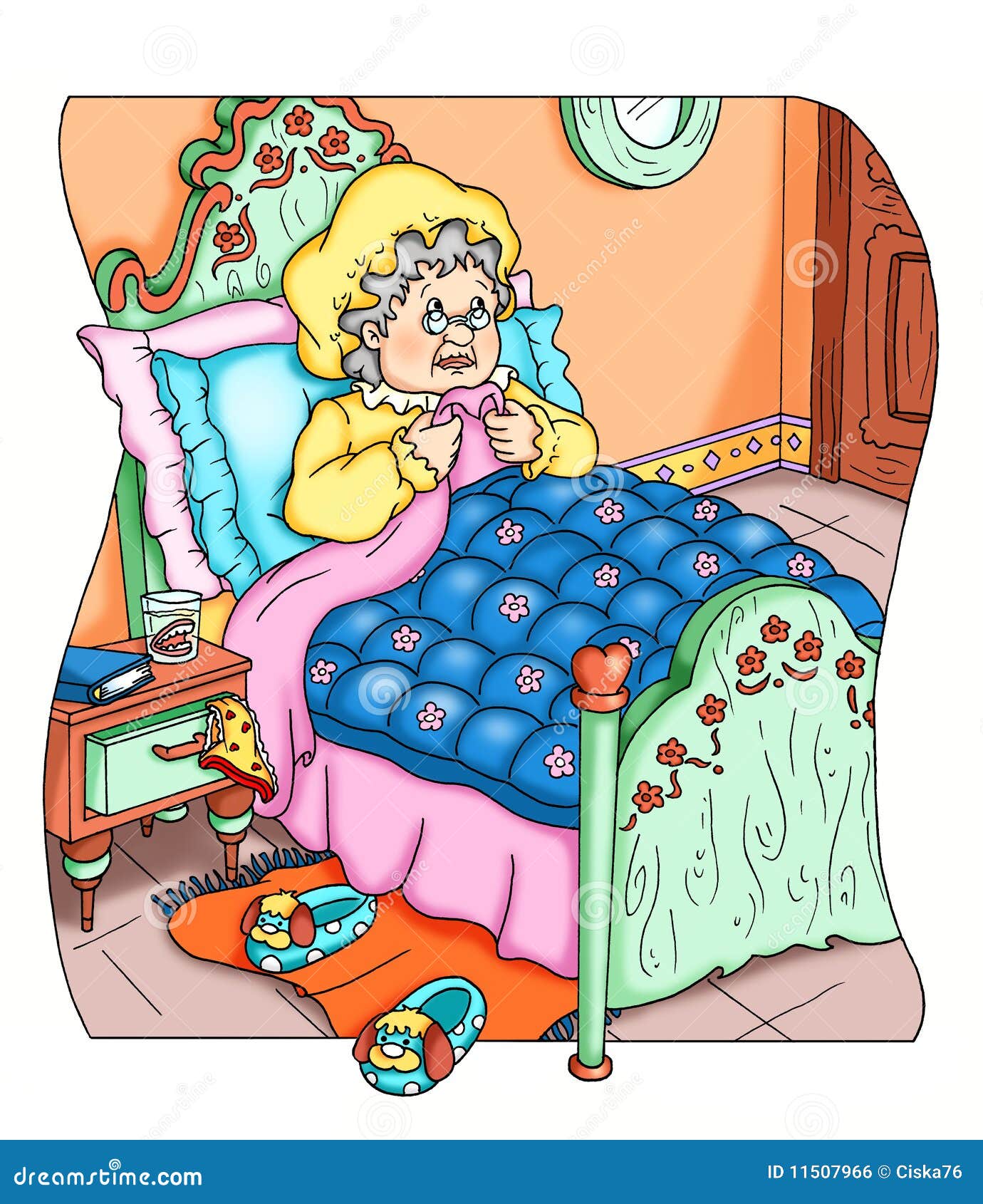I had lost count of the number of times I had said I was not going to do any more step-parenting.
had lost count of the number of times I had said I was not going to do any more step-parenting.
“I’ve had enough!” I told my long-suffering sister. “I’m not doing anything for him anymore.”
“Yes,” she would reply calmly. “I agree with you. But no one asked you to do it this time. Or last time.”
She was, as only my sister can be, right and loving, stern and kind, warm and logical. I had said so many times that I could not and would not try to parent someone else’s child, and yet over and over again I failed to implement my decision. It was driving everyone mad.
My autistic, sixteen year-old stepson was not always easy to live with. He was a teenager, with all the rebellion, emotional overload and communication incapacity that the teenage years can bring; and he was a stepson rather than the child of my genes; and he was autistic. His natural facial expression was a scowl, yet he wasn’t aware of it; he actively avoided any form of social interaction; he was lazy enough to make the proverbial sloth look positively industrious; and he sullenly resisted all my attempts at conversation, humour or friendliness. I felt constantly rebuffed.
Worse than that, his presence created a situation in which I, the neuro-typical, was the odd one out and they, the people on the autistic spectrum, were in the majority. It was unbearable.
 During the three years since I arrived in his life, I had brought all kinds of new ideas: leaving his phone downstairs to charge overnight; showering daily (this coincided, of course, with adolescence; he had not been smelly before); eating at the table; a limit to screen time; reduction in fizzy drinks… It was all good, healthy stuff and straight out of the Good Parent Guide, but it did not sit easily or comfortably on the shoulders of the child who had previously been left alone on request because he found conversation taxing.
During the three years since I arrived in his life, I had brought all kinds of new ideas: leaving his phone downstairs to charge overnight; showering daily (this coincided, of course, with adolescence; he had not been smelly before); eating at the table; a limit to screen time; reduction in fizzy drinks… It was all good, healthy stuff and straight out of the Good Parent Guide, but it did not sit easily or comfortably on the shoulders of the child who had previously been left alone on request because he found conversation taxing.
I had also brought good things. I had persuaded his parents to drop his music lessons, which he clearly hated. I had helped him to communicate with and relax with his father, whom his real mother had taught him to fear. I had introduced stepbrothers and their friends, who laughed and played and gently teased and included him in their conversation.  It wasn’t all bad. But this was a youngster who would resist change even if it came in the form of an all-inclusive holiday in the sun, with wall-to-wall plasma television screens and a steady supply of Ben & Jerry’s Phish Food.
It wasn’t all bad. But this was a youngster who would resist change even if it came in the form of an all-inclusive holiday in the sun, with wall-to-wall plasma television screens and a steady supply of Ben & Jerry’s Phish Food.
I just couldn’t turn off the parenting instinct. He needed to learn how to deal with life. More than that, though, he needed to learn how to deal with me. This house wasn’t big enough for both of us … and neither of us could easily leave.


 and so there is nothing happening there. This means I can’t advertise for pupils, buy my desks and computers or start to earn a living. It should be very worrying and disappointing, but in fact I am very calm.
and so there is nothing happening there. This means I can’t advertise for pupils, buy my desks and computers or start to earn a living. It should be very worrying and disappointing, but in fact I am very calm.
 For two and a half years, I used to come home from work and see that the gardener had been and mown my lawn. I felt cheated. I wanted to do it. Then I’d notice that the weeds I’d been saving for the tortoise had been weeded out. I felt cross. I needed those weeds! I spent weekends and evenings at home but the time was taken up by domestic chores and my stepson and church, and I was too tired to enjoy anything.
For two and a half years, I used to come home from work and see that the gardener had been and mown my lawn. I felt cheated. I wanted to do it. Then I’d notice that the weeds I’d been saving for the tortoise had been weeded out. I felt cross. I needed those weeds! I spent weekends and evenings at home but the time was taken up by domestic chores and my stepson and church, and I was too tired to enjoy anything. I am rearranging and decorating and altering curtains and baking and framing pictures in my house.
I am rearranging and decorating and altering curtains and baking and framing pictures in my house.  I am meeting friends and realising that I know my way around the local area now. Twice in the past three weeks, I have bumped into a friend in the supermarket, something that happened every time I went out in my old life, but that had not yet happened here.
I am meeting friends and realising that I know my way around the local area now. Twice in the past three weeks, I have bumped into a friend in the supermarket, something that happened every time I went out in my old life, but that had not yet happened here.

 conventions and thrived on the praise that frequently came my way. My reports were good, I never had a detention and my parents always came home from parents’ evenings with happy faces. School made absolute sense.
conventions and thrived on the praise that frequently came my way. My reports were good, I never had a detention and my parents always came home from parents’ evenings with happy faces. School made absolute sense. However, I didn’t really understand them. I didn’t experience the frustration and anger that was being tightly contained inside their heads. It simply didn’t occur to me that they would be feeling so much turmoil.
However, I didn’t really understand them. I didn’t experience the frustration and anger that was being tightly contained inside their heads. It simply didn’t occur to me that they would be feeling so much turmoil.
 Chip shops and pizza outlets I can do, so it’s not really entirely the health factor.
Chip shops and pizza outlets I can do, so it’s not really entirely the health factor. When this happens, I feel good. I am clever, capable calm, professional, and generally nice to be around.
When this happens, I feel good. I am clever, capable calm, professional, and generally nice to be around. It drove me MAD! I literally wanted to smash the laptop. I was filled with an irrational and impotent fury which did not help me one jot and made me a very horrible and nasty person. I blamed my husband, the internet, Apple, Microsoft, the Prime Minister and most of the cabinet.
It drove me MAD! I literally wanted to smash the laptop. I was filled with an irrational and impotent fury which did not help me one jot and made me a very horrible and nasty person. I blamed my husband, the internet, Apple, Microsoft, the Prime Minister and most of the cabinet. I think it helped that child that academic year. It definitely helped me. I know the power of the rage that frustration can bring. And I know that we all have things we can’t easily do. As we grow older, we find ways of avoiding them, but actually, it’s useful to admit to our weaknesses. We are all human and none of us is perfect. Admitting it makes us better at understanding each other.
I think it helped that child that academic year. It definitely helped me. I know the power of the rage that frustration can bring. And I know that we all have things we can’t easily do. As we grow older, we find ways of avoiding them, but actually, it’s useful to admit to our weaknesses. We are all human and none of us is perfect. Admitting it makes us better at understanding each other.
 I realise that now I have a grandchild on the way, I should really be lying in bed in my cottage, waiting to be eaten by a wolf and rescued by a woodcutter. However, I am a fan of the James Thurber version of
I realise that now I have a grandchild on the way, I should really be lying in bed in my cottage, waiting to be eaten by a wolf and rescued by a woodcutter. However, I am a fan of the James Thurber version of  and making the futures of their small wearers quite questionable. Should they buy cloth? Or disposable? Or do the Vietnamese have an alternative, clever idea?
and making the futures of their small wearers quite questionable. Should they buy cloth? Or disposable? Or do the Vietnamese have an alternative, clever idea? For five years, they should not wear anything that can’t be thrown into the washing machine, steam-cleaned or sand-blasted. All jewellery must be able to resist small fists and teeth. Hair should be short or capable of being tied back out of the way of tiny fingers with their sticky tangles. And shoulders will be permanently covered in dribble.
For five years, they should not wear anything that can’t be thrown into the washing machine, steam-cleaned or sand-blasted. All jewellery must be able to resist small fists and teeth. Hair should be short or capable of being tied back out of the way of tiny fingers with their sticky tangles. And shoulders will be permanently covered in dribble.
 Every traditional tale worth its salt begins with the obligatory line: ‘Once upon a time…’ And it ends, of course, with the marriage that precedes the final line: ‘….they all lived happily ever after.’
Every traditional tale worth its salt begins with the obligatory line: ‘Once upon a time…’ And it ends, of course, with the marriage that precedes the final line: ‘….they all lived happily ever after.’
 An unexpected baby arrives or a much longed for baby doesn’t.
An unexpected baby arrives or a much longed for baby doesn’t. I cried, worried, mulled it over (endlessly!) with my long-suffering friends. I agreed and believed that my family and friends were what mattered. My independence was vital and intact. My future could be rosy. Before I knew it, I had a new plan. And instead of concentrating on ‘now’, I was planning for ‘happy ever after’.
I cried, worried, mulled it over (endlessly!) with my long-suffering friends. I agreed and believed that my family and friends were what mattered. My independence was vital and intact. My future could be rosy. Before I knew it, I had a new plan. And instead of concentrating on ‘now’, I was planning for ‘happy ever after’. Instead of thinking how wonderful to be spending the present in such a positive way, I keep thinking I am risking my ‘happy ever after’. Yet I already know from experience that happy ever after doesn’t turn out as you expect, and that’s actually ok.
Instead of thinking how wonderful to be spending the present in such a positive way, I keep thinking I am risking my ‘happy ever after’. Yet I already know from experience that happy ever after doesn’t turn out as you expect, and that’s actually ok. Most importantly, I need to stop spoiling my lovely day today with worries about what may or may not happen tomorrow. I might lose the house. I might never earn another penny. I might rent the wrong property and put spelling mistakes on my advertising boards and forget all my first aid training when the child is choking on a pen top, but it won’t help at all for me to worry about that now.
Most importantly, I need to stop spoiling my lovely day today with worries about what may or may not happen tomorrow. I might lose the house. I might never earn another penny. I might rent the wrong property and put spelling mistakes on my advertising boards and forget all my first aid training when the child is choking on a pen top, but it won’t help at all for me to worry about that now.
 I’ve bought my franchise. I’ve done my training. I have written my policies. I have my first aid certificate for my wall. Trouble is, I haven’t got a wall yet.
I’ve bought my franchise. I’ve done my training. I have written my policies. I have my first aid certificate for my wall. Trouble is, I haven’t got a wall yet.

 The franchise always said that finding premises is the hardest part, and none of the people who trained with me are ready yet to open their doors. It’s definitely not time to panic yet. In fact, in some ways it’s good to have the time forced on me to prepare so thoroughly. Six weeks ago I was nervous about the idea of opening and marketing and finding customers but now I am much more eager to begin.
The franchise always said that finding premises is the hardest part, and none of the people who trained with me are ready yet to open their doors. It’s definitely not time to panic yet. In fact, in some ways it’s good to have the time forced on me to prepare so thoroughly. Six weeks ago I was nervous about the idea of opening and marketing and finding customers but now I am much more eager to begin.

 This is another new role for me to play, another fresh start in several lives and a totally new little person to appear on the stage. I love the role. I can’t wait to meet watch the bump grow and to babysit and to read Alfie stories and Sophie stories again. I just don’t feel old enough to wear the name.
This is another new role for me to play, another fresh start in several lives and a totally new little person to appear on the stage. I love the role. I can’t wait to meet watch the bump grow and to babysit and to read Alfie stories and Sophie stories again. I just don’t feel old enough to wear the name. Is this how Emma Thompson felt when she moved from playing Beatrice in ‘Much Ado About Nothing’ to take on the worried mother in ‘Love Actually’?
Is this how Emma Thompson felt when she moved from playing Beatrice in ‘Much Ado About Nothing’ to take on the worried mother in ‘Love Actually’?  Grandmother is a much more endearing role than Stepmother, but am I really old enough to be convincing?
Grandmother is a much more endearing role than Stepmother, but am I really old enough to be convincing?


 It costs a lot to keep it there and really we should just give it away or sell it but so far, we haven’t. There’s a time commitment involved in sorting it. Some of it is not ours to sort. And some of it belonged to Prince Charming’s mother. Apparently, this accords it sacred status and means it can never be disposed of, even though the chairs are never sat on, the dishes won’t go in the dishwasher, and there are so many place settings that we couldn’t fit all the diners in the house at once!
It costs a lot to keep it there and really we should just give it away or sell it but so far, we haven’t. There’s a time commitment involved in sorting it. Some of it is not ours to sort. And some of it belonged to Prince Charming’s mother. Apparently, this accords it sacred status and means it can never be disposed of, even though the chairs are never sat on, the dishes won’t go in the dishwasher, and there are so many place settings that we couldn’t fit all the diners in the house at once! 
 I don’t feel the need to surround myself with ‘things’ which belonged to him.
I don’t feel the need to surround myself with ‘things’ which belonged to him. And for a husband who genuinely shares his worldly goods with me, and also paints, mends, cooks, builds and plans with great skill.
And for a husband who genuinely shares his worldly goods with me, and also paints, mends, cooks, builds and plans with great skill.
 Just now, I am resting after finishing my main role as a teacher, which I have been acting for the past thirty years.
Just now, I am resting after finishing my main role as a teacher, which I have been acting for the past thirty years.  I am loving the opportunity to weed, mow, plant, redesign, choose and train the garden. Each day, Prince Charming and I stroll around the royal grounds, pointing out the progress and the setbacks. I am amazed and delighted at the way the wisteria wraps itself anti-clockwise around the trellis, adding several feet to its length every week. I am reluctantly impressed by the equally potent ability of the brambles and ivy to wrap themselves around anything that stays still for more than thirty seconds, and to suck nutrients out of rocks, fence panels and even bricks.
I am loving the opportunity to weed, mow, plant, redesign, choose and train the garden. Each day, Prince Charming and I stroll around the royal grounds, pointing out the progress and the setbacks. I am amazed and delighted at the way the wisteria wraps itself anti-clockwise around the trellis, adding several feet to its length every week. I am reluctantly impressed by the equally potent ability of the brambles and ivy to wrap themselves around anything that stays still for more than thirty seconds, and to suck nutrients out of rocks, fence panels and even bricks. 
 The house is looking better, I feel more at home here and the more I do, the more energy I seem to have left over.
The house is looking better, I feel more at home here and the more I do, the more energy I seem to have left over.

 There’s been a time warp in Stepson’s room. Time stopped there when he was about nine, roundabout the time his parents split up. He still has his Star Wars duvet cover, glow- in-the-dark stars and themed curtains. The certificates on his wall are from his primary school ( he’s just finished Year 10) and he seems to be saving the very dust from the days before The Split.
There’s been a time warp in Stepson’s room. Time stopped there when he was about nine, roundabout the time his parents split up. He still has his Star Wars duvet cover, glow- in-the-dark stars and themed curtains. The certificates on his wall are from his primary school ( he’s just finished Year 10) and he seems to be saving the very dust from the days before The Split. damage to his relationship with his son. More of that in future blogs, perhaps. Stepson learned to divide his time between two very different homes.
damage to his relationship with his son. More of that in future blogs, perhaps. Stepson learned to divide his time between two very different homes. badly torn poster he had by his bed. A large clock has appeared next to the door. He likes these changes. So far, so good.
badly torn poster he had by his bed. A large clock has appeared next to the door. He likes these changes. So far, so good.